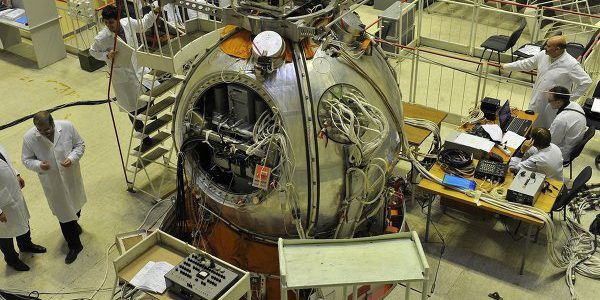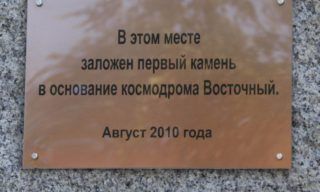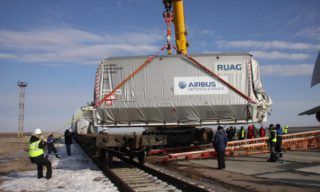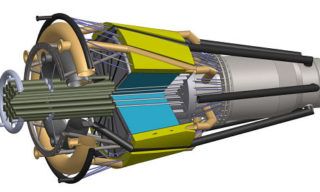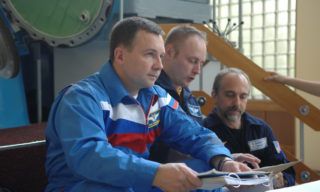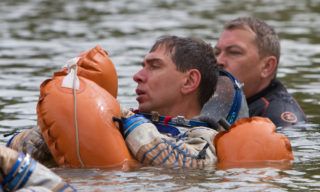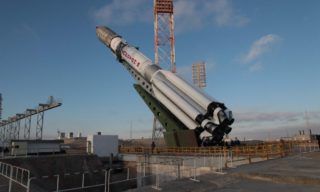RIA Novosti – Russian and US scientists, who took part in biological experiments on board Russia’s Bion-M1 satellite in spring, have called on respective space authorities to ensure the continuation of research under this project.
Russia launched the Bion-1M satellite, its first biological research satellite since 2007, on a 30-day mission on April 19 to conduct biology, physiology and biotechnology research in orbit. The aim of the study was to help pave the way for future interplanetary flights including Mars missions.
The scientists said in a statement posted on the project’s official blog Saturday that the Bion experiments produced unique results that “will make a significant contribution to the field of space biology.”
“The participants of the Bion project appeal to all government agencies and organizations involved in space programs to offer active support and ensure further research initiated by the mission accomplished during the flight of this [Bion-M1] satellite,” the statement said.
Bion-M1 carried eight Mongolian gerbils, 45 mice, 15 geckos, slugs and snails and containers with various microorganisms and plants.
Most of the satellite’s “space passengers” failed to survive the flight due to technical faults in the spacecraft. The flight proved fatal for all the eight Mongolian gerbils, 39 out of 45 mice, and its cichlid fish. The geckos, slugs and snails were among the lucky survivors.
The scientists, however, deemed the mission successful as it had provided them for the first time with data describing the impact of zero gravity on blood vessels in the brain, on the spinal cord and inner ear, as well as on gene expression.
They insist that this kind of research is better suited for unmanned spacecraft as experiments with animals on board the orbital station have too many restrictions.




